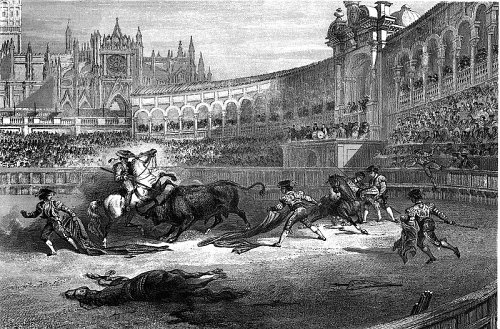bubulcitate
v. to cry like a cowboy
(That’s from Henry Cockeram’s English Dictionary of 1623, so it doesn’t refer to a cowboy of the American West. What it does refer to is unclear. Cockeram said he included “even the mocke-words which are ridiculously used in our language,” but this word appears never to have been published outside of his dictionary, so we don’t know what a “cowboy” is or why he might cry. Make up your own meaning.)



